Reflections from Luis on his internship
Luis Seibert | AI Solutions Intern (Autumn 2024)
“I really like that I got to work on the full stack of an AI pipeline: from collecting and preparing the data to running model inference and visualizing the results. That taught me a lot about what it takes to make research results actually usable for a biotech company.”
Can you tell us about your background and how you came to join idalab?
I completed both my B.Sc. and M.Sc. in Biotechnology at TU Berlin. When idalab offered the internship program in autumn 2024, I was intrigued by the opportunity to apply my bioinformatics training in an AI project for a US biotech and applied right away.
What motivated you to apply specifically to idalab?
I’ve always been fascinated by the intersection of data science and biotechnology. My master’s project already used Machine Learning for microbial data, so I knew I’d be diving deeper into both the technology and the domain. When I saw idalab’s focus on the intersection of AI and healthcare/life science, it felt like the perfect next step.
What was the core project of your internship?
I built a large‑scale evidence‑extraction pipeline to pull protein‑interaction data from scientific abstracts. The goal was to enable network analyses for a Boston-based biotech who studies protein‑interaction networks.
Because much of the information lives in free‑texts - especially scientific publications - I used Large Language Models to automatically extract and standardize the data.
Which tools and platforms did you work with?
I primarily programmed in Python and used Google Cloud services like Vertex AI and AutoML. I also used cloud services for data processing and orchestration to ensure scalability and reliability.
How was your day‑to‑day structured, and what kind of support did you receive?
In the first week, I familiarized myself with the existing pipeline: reviewing documentation, code, and previous results. After the project kick-off with the client, I designed a new, fully automated workflow to improve efficiency and iterated with my mentor over the technical architecture. Then implemented and tested it end-to-end. At the end, I extracted protein-interaction from the latest batch of publications, generated a protein‑interaction graph and prepared the handover to the biotech.
During the whole internship, I received 1-1 mentoring. My mentor and I held short daily check‑ins, plus deeper planning and review meetings at the start and end of each week. Whenever I ran into technical challenges, I could quickly tap additional expertise from the team.
What aspects of the internship did you find most valuable or surprising?
Working directly for a biotech startup was of course a great experience. Also, I got training in pyramid communication: structuring messages from key conclusions down to details. It actually transformed how I now write messages and emails.
Another pleasant surprise was how structured yet collegial everything was. Besides work, we had a couple of team events, for example a two‑hour “office refresh” event where the whole team pitched in to tidy and decorate our workspace which was fun.
How did you interact with the client during the project?
I participated in the all client meeting and presented our pilot outputs in the handover session at the end of the internship.
What advice would you give to future applicants?
Definitely follow the application guidelines: they’re well thought out and cover what you need to prepare. Approach the internship with curiosity and be ready to learn both the biotech business context and software engineering practices.
What were your top takeaways from the internship?
One thing that really stood out to me was how structured collaboration was at idalab. Things like pyramid-style communication made everything so efficient. And I really like that I got to work on the full stack of an AI pipeline: from collecting and preparing the data to running model inference and visualizing the results. That taught me a lot about what it takes to make research results actually usable for a biotech company.

